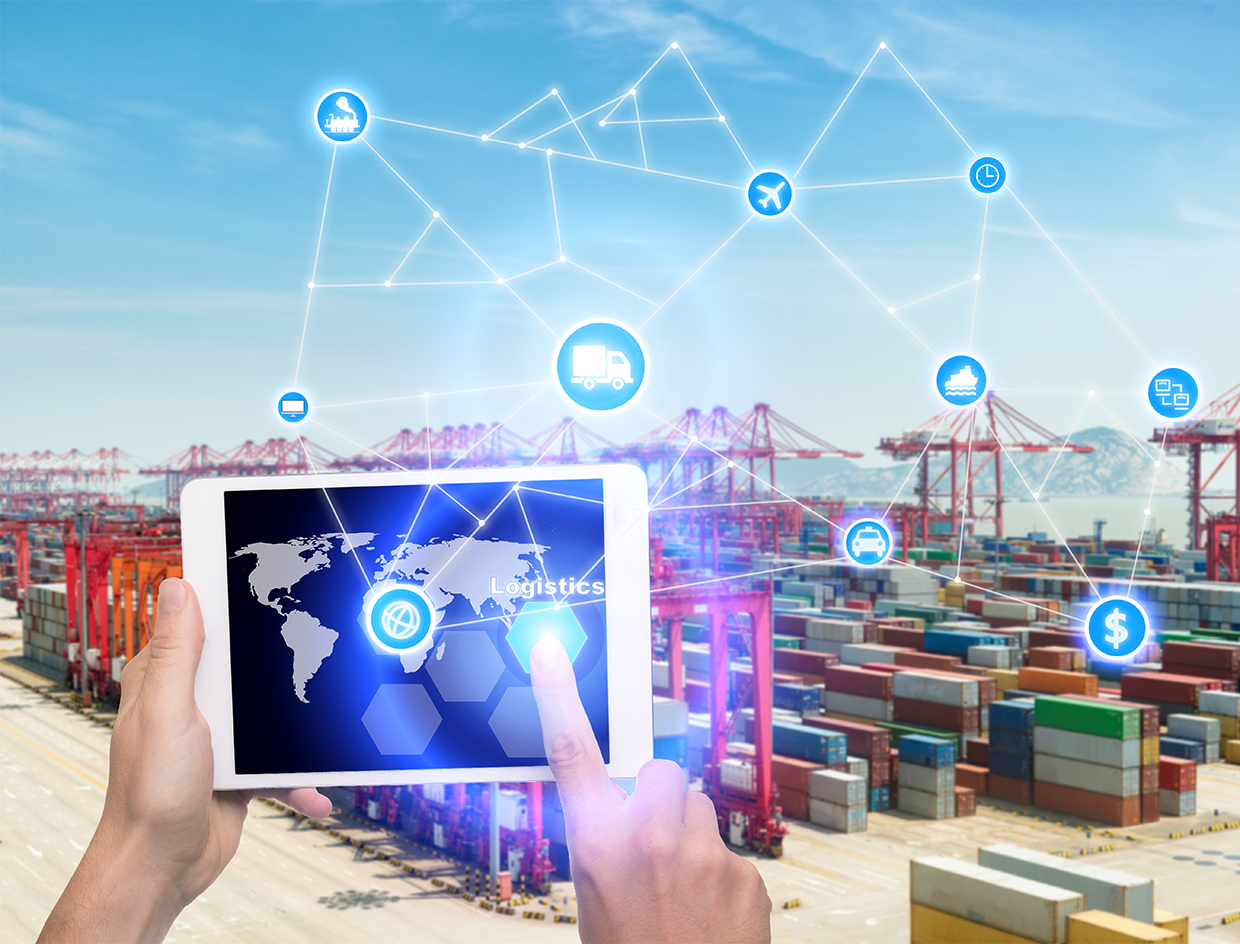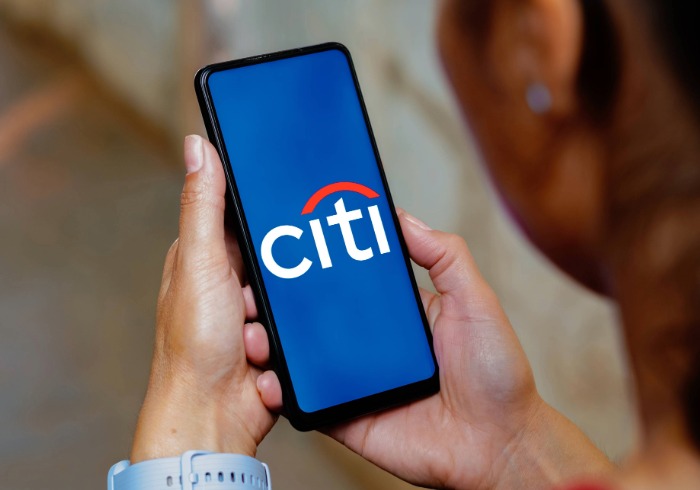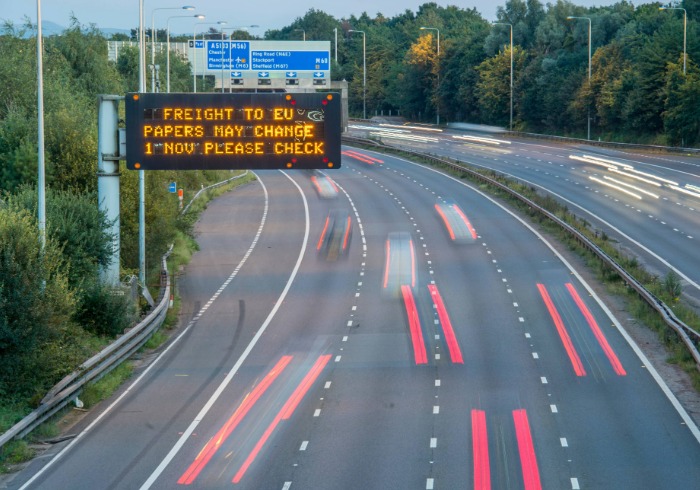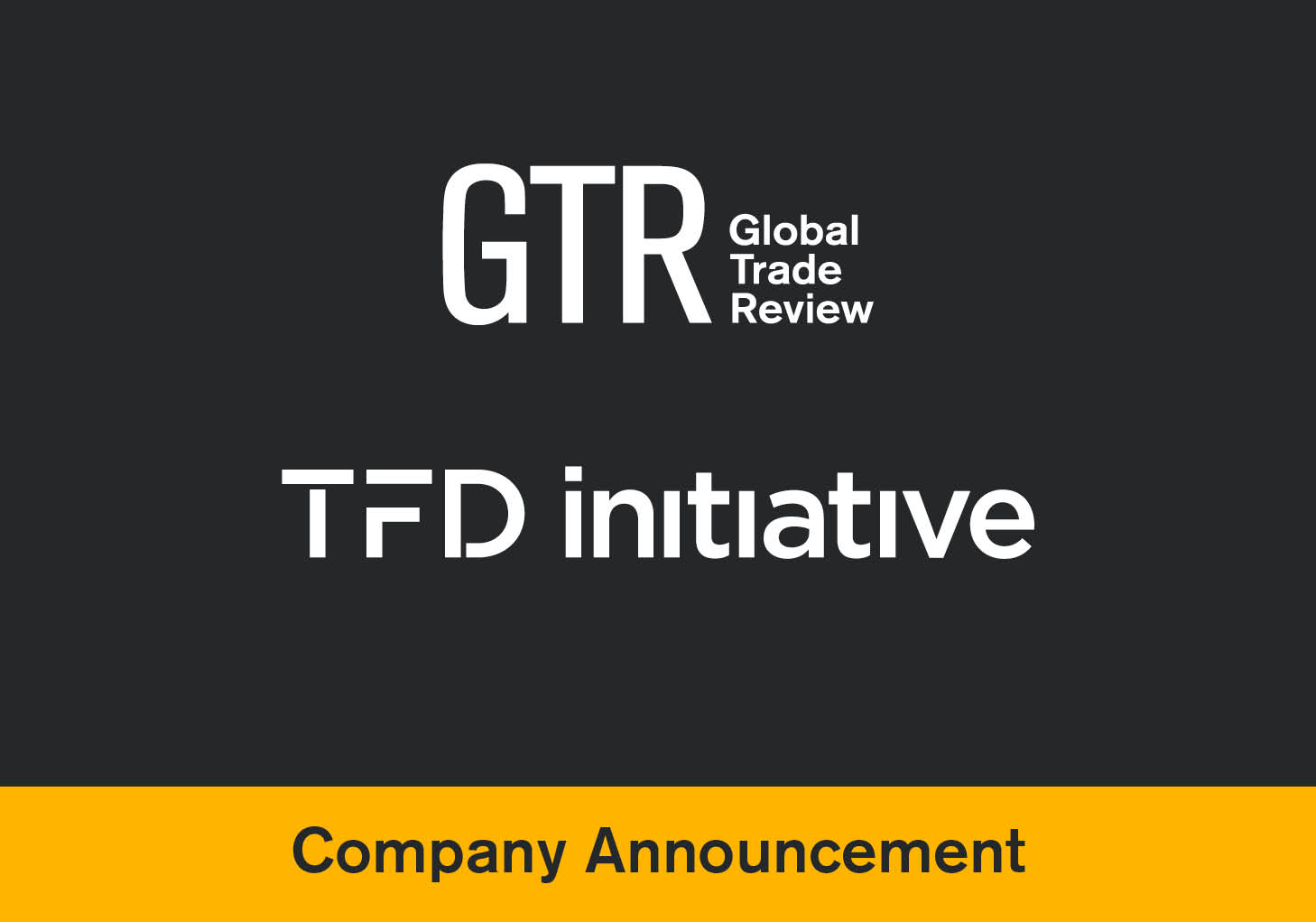Evergreen Line has partnered with Bolero International to offer paperless bill of lading and dispatch documentation via its ShipmentLink portal.
The new partnership makes Evergreen Line the first container carrier to integrate with Bolero’s e-bill of lading (eBL) solution.
The two new services will “enhance connectivity for exporters and importers with banks, insurers, regulators, customs and port authorities” and “lower shippers’ costs while making data transfer more accurate, efficient, reliable and secure”, according to the two companies.
The e-bill of lading (eBL) application allows carriers to create, send and manage bills of lading digitally, which will lead to a more rapid issuance and transmission. This is particularly important for short-sea shipments, where a paper-based bill of lading sometimes arrives later than the vessel, making it difficult for importers to pick up cargo on a timely basis.
Going paperless also allows reviews and amendments to be carried out online, and speeds up cash flow by avoiding delays that often come with paper-based documents. With eBL, carriers will be able to release goods far quicker, thus speeding the payment process to shippers.
In addition to the eBL service, the new electronic dispatch function allows the exchange of a wide range of shipping documentation, including packing lists, commercial invoices, certificates of origin and other customs-related credentials, licences and inspection reports.
Putting everything online, the shipping firm seeks to prevent documents being lost in transit or fraudulently copied, and it enables the transmission to be done in an encrypted form when necessary.
Ian Kerr, Bolero’s CEO, says the partnership will “help transform” the shipping industry.
“Bolero’s eBL platform has already been proven in bulk cargo trades and initial container-based transactions by corporates such as Cargill, BHP Billiton and Reliance Industries, but now with Evergreen we are taking a very significant next step in the digitisation of world trade by putting our technology at the disposal of a wider community of container shippers and NVOCCs,” he says.
While companies worldwide have long been looking at ways to automate their business, shipping continues to be an industry largely dominated by manual, time-consuming, paper-based processes. In response to the urgent need for digitisation, platforms like Bolero and EssDocs have emerged to help electronify trade documents or remove paper from the process altogether.
Other shipping companies are taking a different approach, utilising new technologies to build their own platforms from scratch.
Maersk Line, for one, announced a joint venture with IBM in January, which will release a blockchain-powered digital platform for use by the entire global shipping ecosystem. It will utilise distributed ledger technology to give large networks of disparate trading partners – including manufacturers, shipping lines, freight forwarders, port and terminal operators, shippers and customs authorities – a single shared, immutable, real-time view of a transaction.
The joint venture is soon due to release two capabilities, one of which will go under the name “paperless trade” and will digitise and automate paperwork filings through smart contracts. The platform will also employ other cloud-based technologies such as artificial intelligence (AI), the internet of things (IoT) and analytics to help companies move and track goods digitally.
Meanwhile, Bolero itself is also looking at how to redesign its eBL service using blockchain technology, following the signing of a memorandum of understanding with fintech consortium R3 in October.






